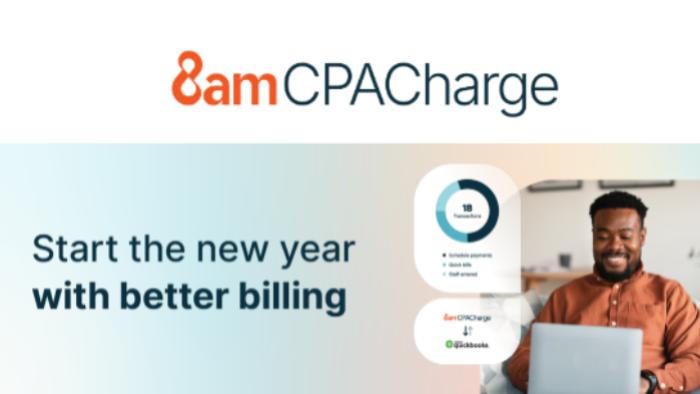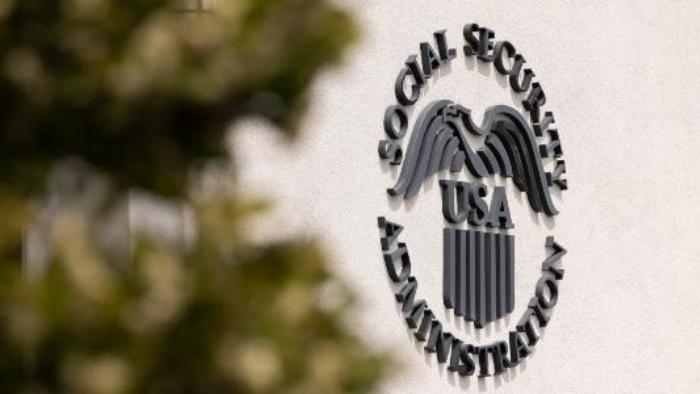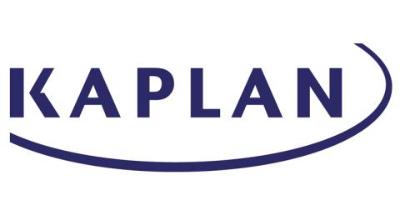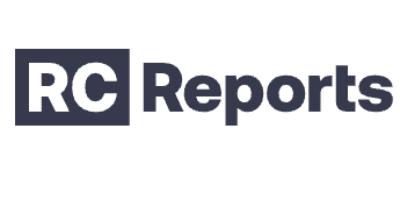Caution: Tax & Cyber Security Scams

The 5th annual National Tax Security Awareness Week took place November 30th through December 4th, 2020. The IRS and the Security Summit used that week as a platform to raise awareness about cyber security scams and identity theft schemes.
This year we have additional circumstances that contribute to an increased prevalence of scams. With the current health crisis of COVID-19 as well as an increased number of people working remotely, scams have become even more widespread.
IRS Commissioner Chuck Rettig recently stated, "The combination of online holiday shopping, the approaching filing season and more of us are working remotely puts people more at risk. People can help avoid becoming victims of scams or identity thefts, by taking a few simple steps to help protect sensitive tax and financial information."
Throughout National Tax Security Awareness Week, we used our Instagram account to share some of the tips most recommended by the IRS to protect yourself from these scams. Here are 5 helpful tips to keep your personal and financial information safe.
- Don’t open links or attachments on suspicious emails. The IRS explains that phishing scams such as imposter emails and calls are the number one way personal data is stolen. Look out for scams related to COVID-19 and stimulus checks.
- Don’t shop on unsecured public Wi-Fi. The IRS reminds us that when using public WiFi, our data becomes vulnerable to thieves. When using public WiFi, such as in a mall or a coffee shop, don’t shop online. Protect your information and your identity.
- Use strong and unique passwords for online accounts. The IRS encourages you to use strong and unique passwords for all online accounts. You can use a secure password manager or make sure your passwords are easy for you, and only you, to remember.
- Secure your secure home Wi-Fi with a password. The IRS recommends that you protect your information and data at home by using a password to access your WiFi. Without a password, you personal and financial information and identity are at risk. With the use of wireless technology such as wireless printers and doors locks, even more is at risk. Use a password for protection!
- Use multi-factor authentication whenever possible. The IRS suggests using multi-factor authentication when you can. You have probably used multi-factor authentication already when logging into specific websites or even social media platforms. This process gives you an additional method to verify yourself and prevents thieves from easily accessing your accounts.
Taxpayers, businesses, and tax professionals all face potential security challenges so it is vital to take precautions and be aware and knowledgeable.
For more information, read the full IRS press release here.
Share This Article
What's Trending?
Trending topics & tools for the CPA community
How Firms are Rethinking Reasonable Comp (Quick Video)
It’s a short video and makes the value of repeatable, data-backed approach clear (especially compared to spreadsheets, gut checks and one-off calculations).
Learn how 8am CPACharge delivers clarity and confidence for accounting firms.
8am™ CPACharge brings invoices, payments, and reconciliation together in a solution designed to make your day easier from start to finish.
Seniors on Social Security Could Face $460 Monthly Cut to Benefits
Jim Komoroski, RSSA®, is quoted in Newsweek, offering expert insight into the projected monthly cuts to Social Security benefits should Congress fail to act.
Resources
Valuable information provided by our sponsors.
Specialize in Social Security
Looking to enhance your retirement planning expertise? Your solution: pursue the Registered Social Security Analyst®...
CPAdirectory members have access to discounted auto and home insurance
At CPAdirectory, we think it's a good thing to provide our members with access to...
Free CPE Course: ChatGPT for Tax Pros — Limited Offer
CPAdirectory and CCH CPELink are giving you free access to the on-demand course: ChatGPT for...
PE Deals In Accounting: Valuations, Structure, Tradeoffs
In this webinar, you’ll hear from firm leaders and industry experts who will share real-world...
Stand Out as a Trusted Social Security Expert with the RSSA® Designation
Designed for CPAs, the Registered Social Security Analyst® (RSSA®) designation provides advanced training to help...
How Firms are Rethinking Reasonable Comp (Quick Video)
It’s a short video and makes the value of repeatable, data-backed approach clear (especially compared...













